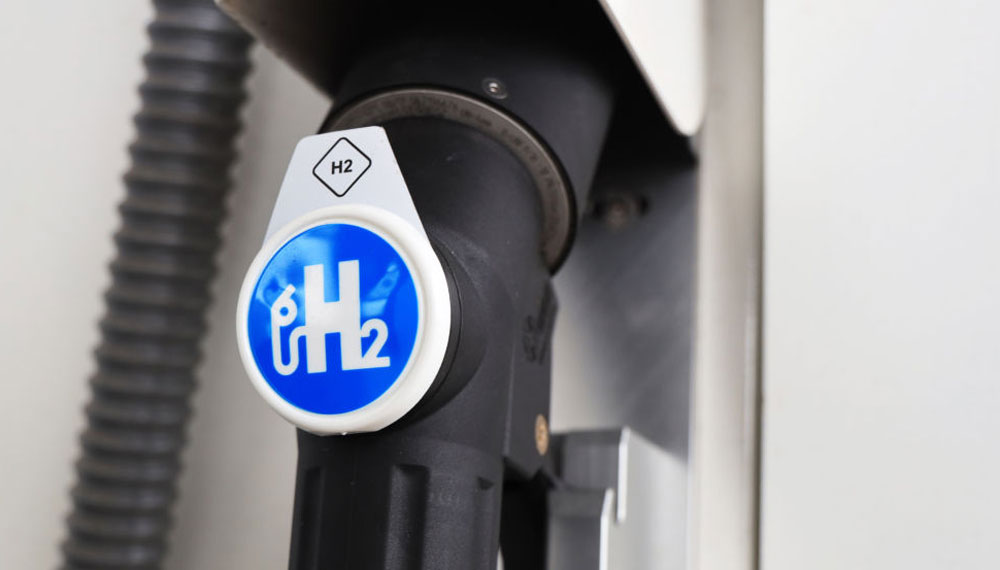UK Government has revealed the winners of a competition to support hydrogen-fueled transport in the country’s North East. Two projects won shares of £8m ($10m) in this second phase of the lottery, run by the Department for Transport (DfT).
Liverpool-based ULEMCo will develop hydrogen-powered airport ground-based support vehicles, such as tow trucks for aeroplanes and sweepers to clean runways. This will be based at Teesside International Airport, helping Teesside International Airport reach its goal of being net zero by 2030.
The second winner was Element 2, which will build publically accessible hydrogen refuelling stations for road vehicles.
Transport Secretary Mark Harper highlighted the targeted of investment in the former industrial heartland: “Hydrogen technology has great potential to decarbonise transport and help grow the economy. Today’s winners illustrate the expertise the Tees Valley has as a pioneer in developing hydrogen tech.
“This investment will provide a further boost to the economy, creating skilled jobs and apprenticeships across the North East.”
The UK government has declared the Tees Valley its “Hydrogen Transport Hub.” Teesside International Airport director Phil Forster added: “By proving this new technology is safe and reliable and can be used across all sorts of applications… makes it clear Teesside is helping to pioneer both the aviation industry and the clean energy sector.”
The DfT noted that this financing gets the UK one step closer to decarbonising some of the larger and more complicated vehicles, such as airside operations, which will be required to achieve net zero emissions.
According to recent projections, the hydrogen sector could generate over 12,000 jobs and attract over £9bn in private investment by 2030.
Innovate UK executive director for net zero Mike Biddle added: “Today’s announcement of these new projects in the Tees Valley further adds to our significant partnership with DfT to accelerate new technologies to decarbonise transport.”
“This includes nearly £300m of investment from DfT via Innovate UK in transport decarbonisation across maritime, heavy goods vehicles and hydrogen.”


































